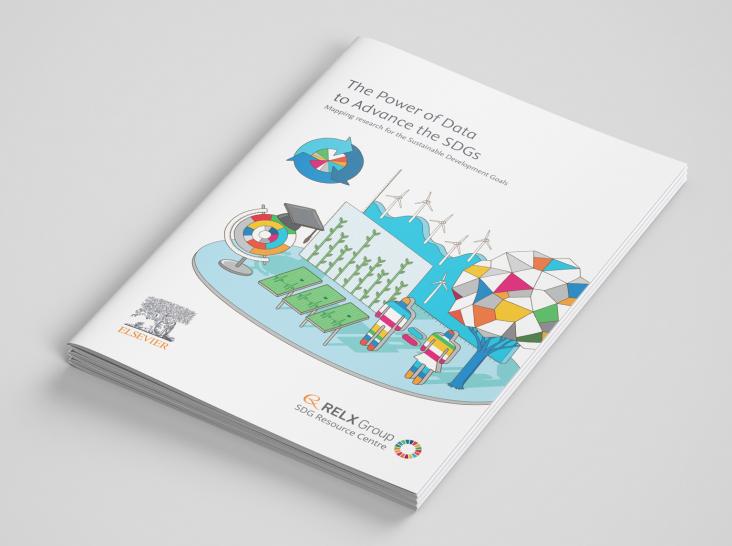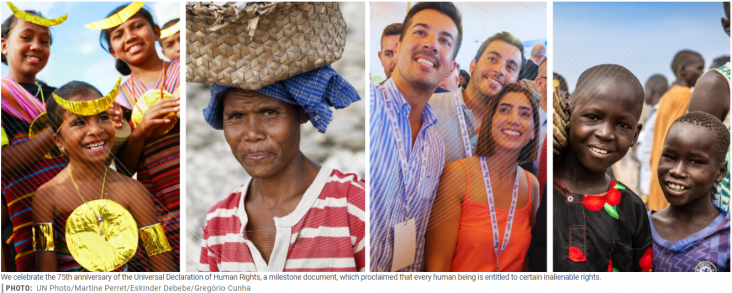
Access to information is critical in achieving the SDGs - empowering the public to make decisions, informing policy making and enabling effective implementation and monitoring. RELX businesses regularly produce and publish free to download reports and analytics that draw upon vast amounts of information and data in support of the SDGs. Explore some of the reports and tools developed to date.
In this Viewpoint, an international panel of clinicians, scientists, and community members with lived experiences of autism reviewed the challenges in identifying autism in individuals who are assigned female at birth and proposed clinical and research directions to promote the health, development, and wellbeing of these individuals.
This paper assess parental and guardian perceptions of dental health service accessibility among primary school students Saudi Arabia.
This Article supports SDG 3 by providing robust evidence of health-care financing policies deployed by 15 countries representing all WHO regions and offering an overview and illustrative examples of the modifications made to these policies for countries to rapidly mobilise fiscal resources for health.
This Health Policy paper supports SDG 3 by calling for greater coordination and coherence using a UHC+ lens to suggest new approaches to funding that can extend beyond biomedical health services to include the cross-cutting determinants of health.
The study underscores the importance of understanding VOC emissions from flame retardant industrial parks to address potential carcinogenic risks and formulate effective reduction strategies, contributing to both Sustainable Development Goal 3 (Good Health and Well-being) and SDG 11 (Sustainable Cities and Communities).
The research on enveloped viruses' response to environmental factors supports SDG 3 by informing effective disinfection strategies, crucial for preventing disease spread and promoting public health.
This Article supports SDG 3 by highlighting the importance of not just measuring life expectancy but also disability-free life expectancy as an indicator of population health, and showing that in Hong Kong, a word leader in life expectancy, there has been a trend of increasing disability burden, particularly in women. The authors discuss the public health implications of their findings.
This study supports SDG 3, 6, and 16 by providing a comprehensive quantitative analysis of the association between conflict and the incidence of cholera in Yemen, highlighting how conflict-related destruction has compounded water, sanitation, and hygiene issues in Yemen.

10 December 2023 marks the 75th anniversary of one of the world's most groundbreaking global pledges: the Universal Declaration of Human Rights (UDHR).
